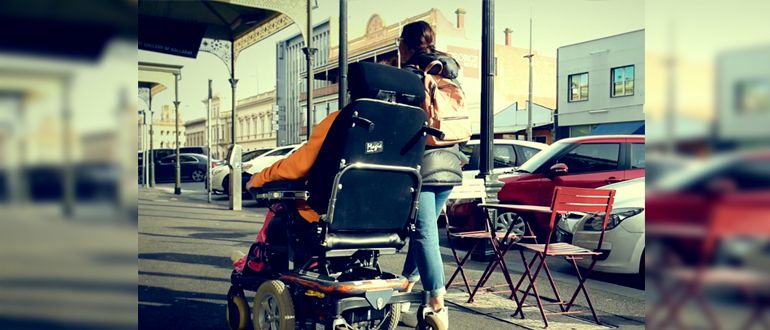ILO and Safeguards

While each individualised living arrangement is unique, there may be
situations where house sharers or hosts are provided with a financial
‘benefit’. This might be reduced or free rent, or a financial payment as
reimbursement for the support they provide to the person with
disability. This reimbursement is usually not a wage or an hourly rate.
Payments or benefits need to be fair, without being an incentive purely
for financial gain. These payments or benefits can be included in a
person’s ILO package in their NDIS plan.
For many though this raises questions of safety and security for
people with disability living in ILO arrangements. The NDIA have
addressed concerns about safety and security here.
ILO providers who support host arrangements will need to be
registered providers and comply with the NDIS Commission’s practice
standards. All ILO providers need to abide by the NDIS Commission’s Code
of Conduct. ILO providers must ensure that housesharers and hosts are
properly vetted – these processes should include criminal records
checks (police checks) and other formal checks, references and
interviews. ILO providers are also responsible for ongoing monitoring of
the arrangement. Regular check-ins with the participant and their house
sharer/s or host to ensure the arrangement continues to meet the
participant needs, that everyone is being adequately supported and any
risks are managed quickly and appropriately.
While regulatory frameworks are important, we also know these are not
the only way people with disability can be safeguarded. The
vulnerability people with disability can experience often arises from social isolation and closed systems. In their paper on Building Capacity and Reducing Vulnerability in Closed Systems, the NDIS Independent Advisory Council (IAC) describes closed systems as:
“Closed systems congregate people with disability together
and segregate them from the community and in so doing reinforce group
practices that prevent opportunities to address the physical, emotional,
social and skill development needs, isolate participants and do not
enable or facilitate spontaneous exchange with people in the community.”
People with disability are safer when they are socially included,
connected to their community, have people looking out for them or
catching up with them daily. Family and friends, circles of support and microboards
all enhance a person’s safety. Making decisions or being supported to
make decisions about their own life and being able to speak up for
themselves, again enhances personal safeguards.
ILO can be the fertile ground for a person with disability to build
their personal safeguards through increased social connectedness,
building of strong relationships and control over their living
arrangements. While it is important to alway be vigilant in the
safeguarding of people with disability, it is possible that ILOs might
offer better opportunities for developing personal safeguards, than the
traditional approaches to disability support.

